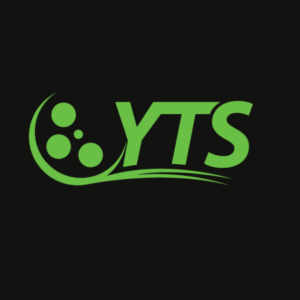In today’s fast-paced business environment, information is an important asset that can.
Take advantage of the organization and give your organization a competitive advantage
knowledge. But What is Organizational Knowledge? Organizational skills, when
When used properly, it can contribute significantly to innovation and efficiency. keep
Reading to gain knowledge in all these areas.
Table of Contents
To Understand The Concept Of Organizational Competence
In a dynamic business landscape, information stands as a prized asset, offering a competitive advantage. Central to these advantages is organizational competence – the adept utilization of resources, including explicit knowledge, to drive innovation and efficiency.
Organizational intelligence is not just about data; it is a blend of tacit and explicit knowledge of the owners and operators of a company. Tacit knowledge includes professional skills, experience, and insight, while explicit knowledge is easily articulated and documented.
Well-structured organizational skills are a cornerstone for businesses seeking competitive advantage. It facilitates efficiencies, informed decision making, and creative problem solving. Hybrid technologies have further simplified the processes, enabling the efficient generation, storage and retrieval of organizational knowledge.
Tracing The Evolution of Organizational Knowledge
In recent decades, the perception of organizational knowledge has evolved significantly, shifting from a mere byproduct of work to a recognized intangible asset.
Initially viewed as a byproduct of labor, its importance surged with the rise of knowledge-intensive industries. Today, it is acknowledged as an essential and inseparable component of any organization. Companies actively foster a knowledge-sharing culture, investing in technology platforms to effectively manage information assets in knowledge-intensive industries.
Exploring Aspects Of Organizational Knowledge
The main components of organizational knowledge are: knowledge creation, retention/retrieval, and transfer. Knowledge creation involves the acquisition and generation of new insights.
Storage/retrieval focuses on documenting and accessing stored knowledge, and knowledge transfer revolves around the sharing and dissemination of knowledge among organizational members. Each component plays an important role in developing a complex knowledge management system, with technology acting as an aid in the implementation of these components
How Organizational Skills Can Enhance Your Organization
Organizational competence acts as a catalyst for business development in many ways. It encourages innovation by providing an environment that encourages learning and knowledge sharing to lead to breakthrough products, services, or processes Well-defined and accessible knowledge enhances decision making.
removes uncertainty from there and enable informed decision making based on facts and experience Improves performance and knowledge creation, fosters collaborative culture A well-managed organizational knowledge system becomes a platform for continuous learning and development, enhancing performance and development gets better.
In conclusion, understanding and effectively applying organizational skills is crucial for an organization to succeed in a competitive environment. An effective knowledge management system emerges as a key determinant, significantly increasing organizational performance.






